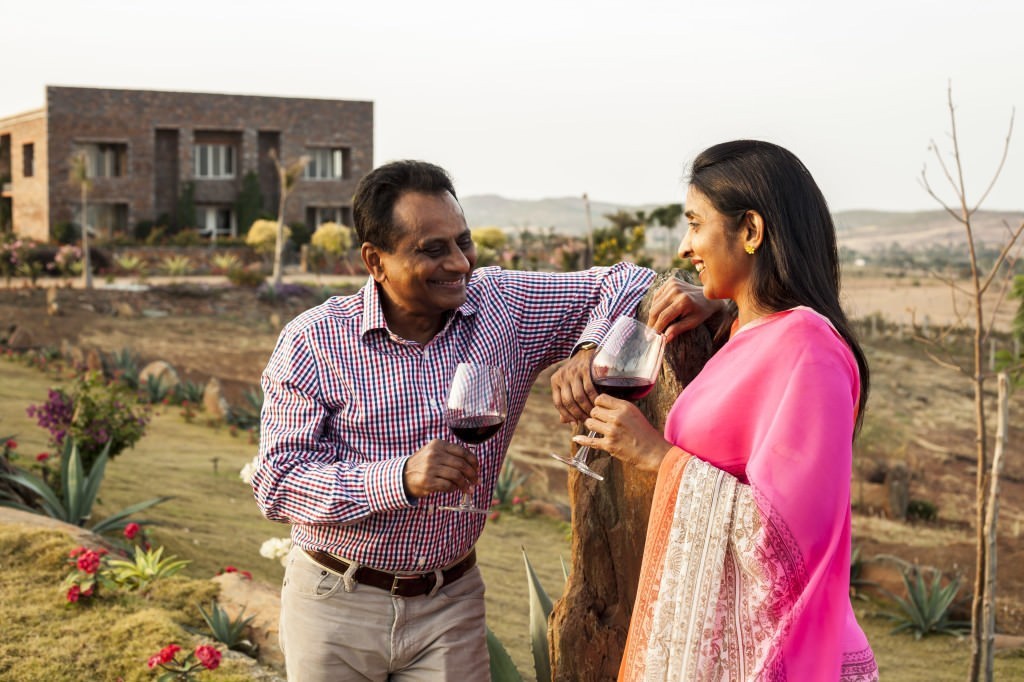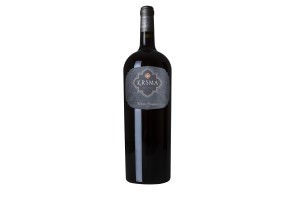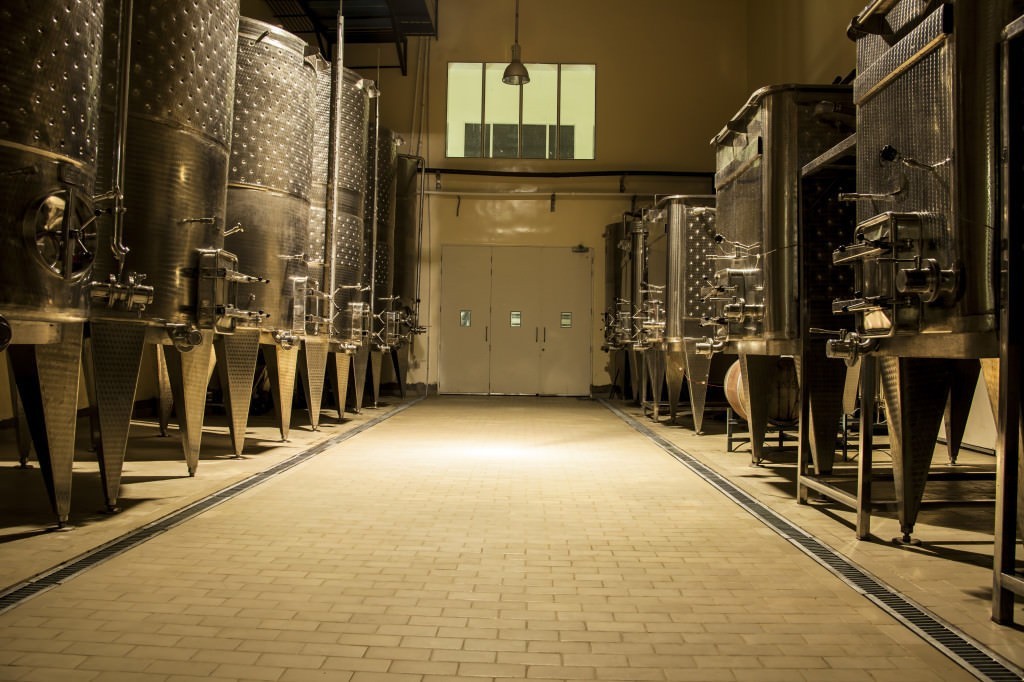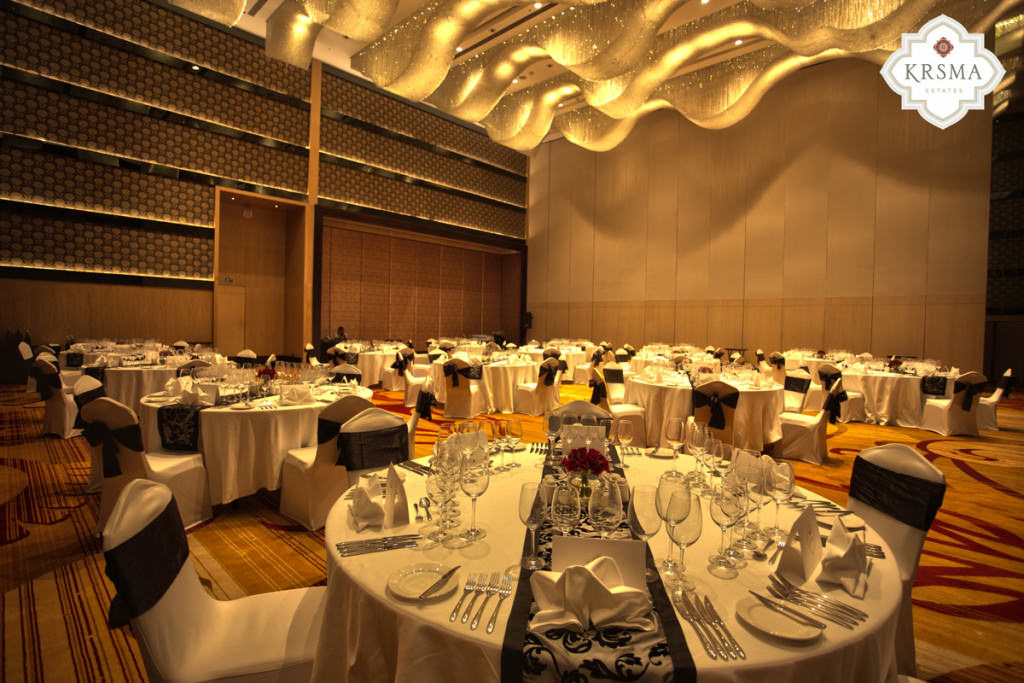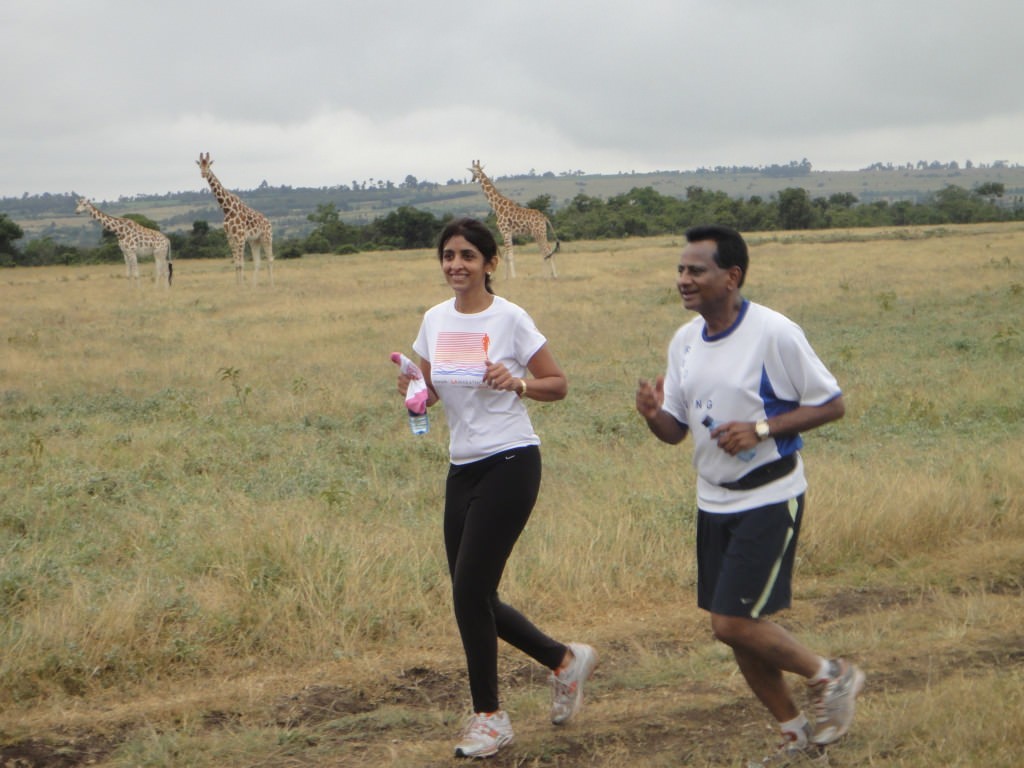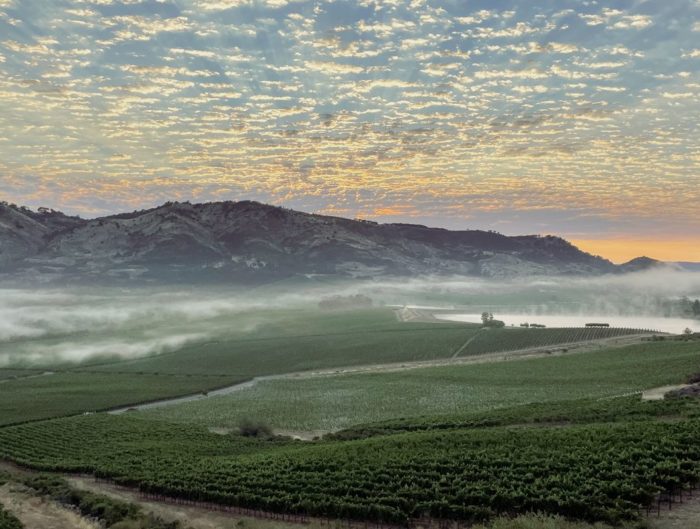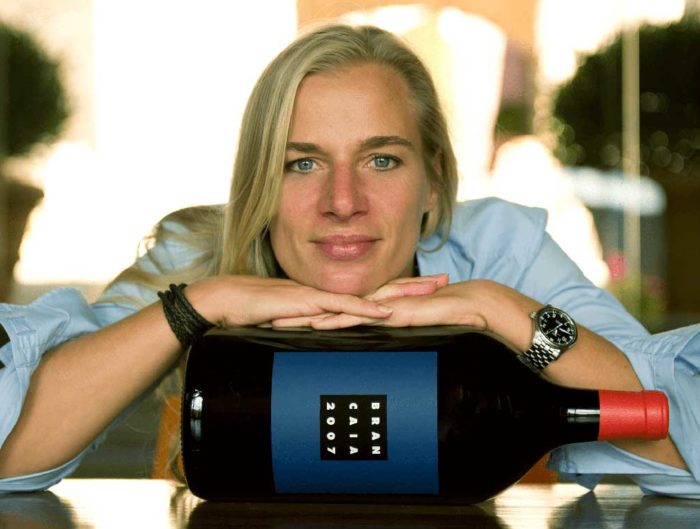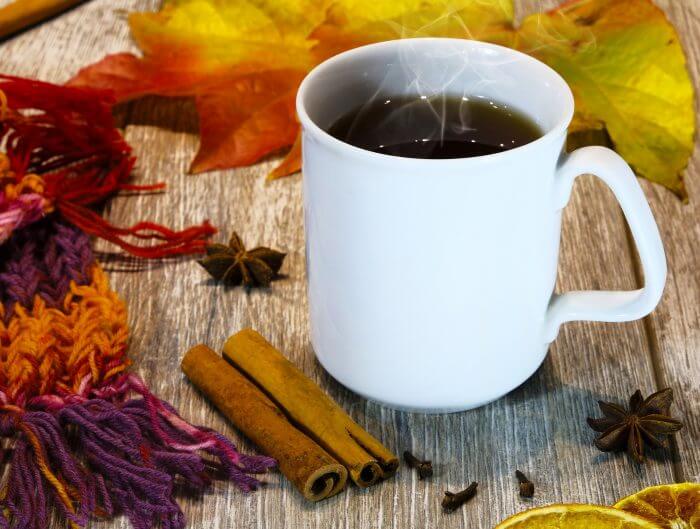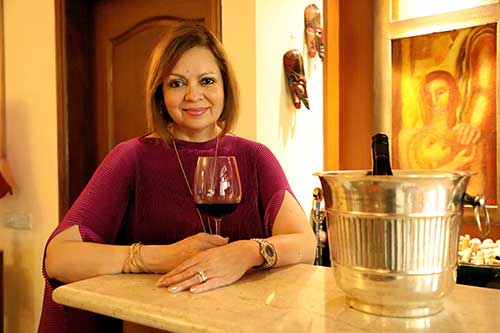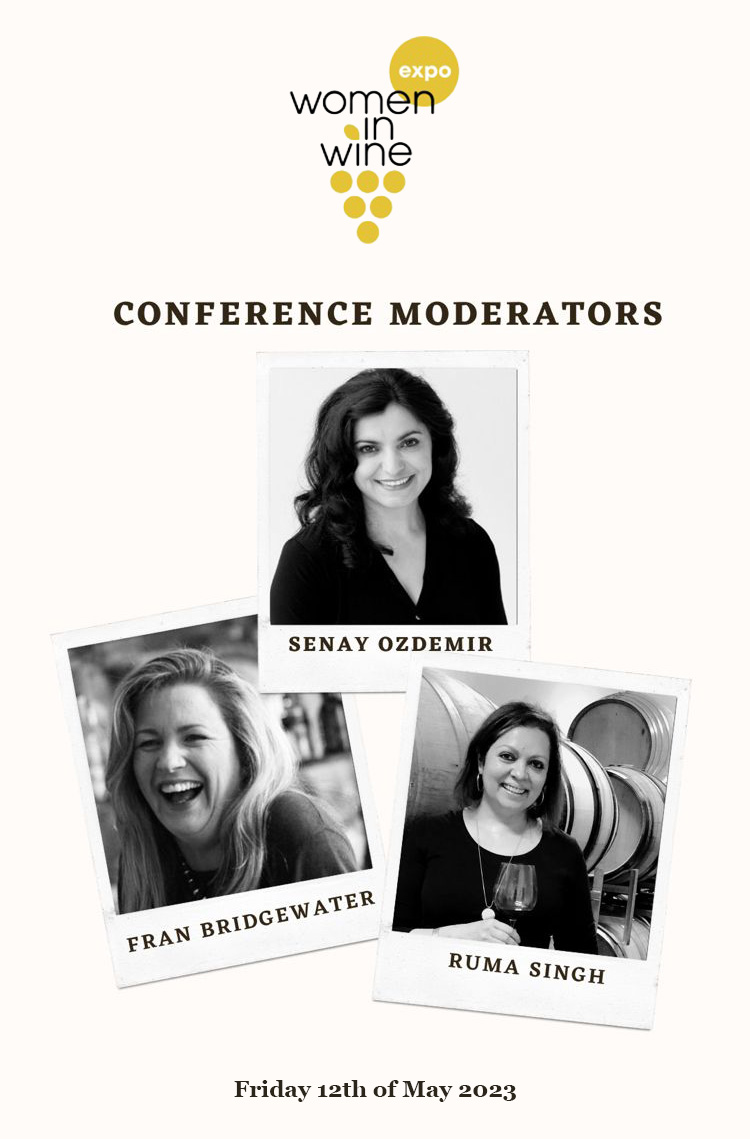How a couple of Indian wine lovers gave up the humdrum to make a splash in the world of wine
Krishna Prasad Chigurupati started out his wine journey with a glass of bad wine. At age 17, he had his first sip of wine at his neighbour’s house at Guntur, Andhra Pradesh. The neighbour happened to be a bishop, and the wine was sickly sweet. “It was really bad,” he recalls. But the wine bug had bit, and he decided that making wine was just the thing: home made wine. “I tried making some again when I was 21, using table grapes and bread yeast. It was still bad. Over the years, I kept at it. I’d use beer bottles and crown caps for my homemade wine, and give them away to friends.” Over the years, he kept at it, and, he insists, the wine improved. Finally, at 26, he moved to Hyderabad to start his own pharmaceutical business and married Uma, a microbiologist, and for a while, winemaking took a back seat as they concentrated on their pharmaceutical business. Still, it was never far from their minds, as they travelled the world, all the while drinking and learning about good wine.
That persistence paid off. Today, Chigurupati and Uma are owners of KRSMA Estates (after their names Krishna + Uma), an ambitious project located close to the World Heritage site of Hampi, started in 2007. The couple, armed with qualifications from the University of California Davis and help and advice from a slew of viticulturist and oenologist friends, have taken charge of the winery and vineyards themselves – there is no foreign viticulturist or winemaker in tow, something that is fairly de rigueur in Indian winemaking circles these days.
The choice of Hampi for the project itself raised eyebrows, but Chigurupati decided to go against the tide. “I felt Hampi was unique,” he says, “Virgin territory – very dry, rocky, well-drained, iron-rich schist soil, very little rain and plenty of breeze.” This to him, spelled freedom from disease and fungicide. They decided on drip irrigation to keep the vines sturdy and strong, and the greatest importance was given to the grapes. Yields were kept low, at one and a half tons per acre. “We didn’t want to compromise, nor be dictated to by winemakers from abroad. The project was our passion, our own experience at work. Yes, we made good decisions and bad as we learned in those early days.” Adds Uma, “We are still dictated to only by the fruit and the soil.”
KRSMA makes two whites, Sauvignon Blanc (Rs 750/$12) and Chardonnay (Rs 1000/$16), and two reds, Sangiovese (Rs 1000/$16) and the flagship wine of the brand, a robust Cabernet Sauvignon (Rs1500/$25). There are 40 acres presently under cultivation, and every weekend Uma drives six hours to the vineyards to check on the vines, sometimes tasting from up to a hundred barrels in a day. In another first, the harvest is early, in January. The red wines are aged for at least 12 months, and fermentation takes place in smaller tanks, both in open fermenters, as well as closed tanks that permit cold maceration. The labels are designed to reflect the wines Indianness, with elements of the region’s historic Vijayanagar empire.
KRSMA Estates launched their wines in February 2014, at a lavish party in Bangalore at the JW Marriott. Press and high society were in attendance, and a menu was meticulously put together to showcase the wines at their best. The glitzy launch, preceded by a tutored tasting, threw up some interesting discoveries for most present. The Chardonnay (subsequently a double gold medal winner at the China Wine and Spirit Awards 2013), restrained yet balanced with distinct fruit aromas, won me over. The Cabernet 2012 (gold medal), rich, succulent and decanted in the afternoon, was still opening up well into the evening. Unusual? “Not really,” he laughs, “I once found an open bottle of my 2012 Cabernet in my cellar, which I’d opened two months before. It had still not spoiled. Quite amazing.”
What made them pick Chardonnay for their portfolio over the more popular Chenin Blanc? I asked Chigurupati. Wasn’t the risk greater in the unexplored terrains of Hampi? “We didn’t think about it too much,” he said, “Chenin is popular in India because it is easy to grow and gives a good yield. We wanted to challenge the systems. And while our first Chardonnay vintage was fruit-driven without oak, we are now doing trials and experimenting with some oak. Just a hint, as I feel most Chardonnays are made with too much oak, which overpowers the fruit.”
Their Sangiovese is smooth, with well-integrated tannins and is easy to drink. The Sauvignon Blanc (silver medal) is dry and restrained, more French in style than New Zealand. However the wine that occupies their pride of place is their Cabernet Sauvignon, also the first red wine in India to be launched in magnums. At Rs 1500 for the 750ml bottle, it is an expensive Indian wine, but Chigurupati does not think so. ” I feel our wines are underpriced. Based on surveys, we believe that our Cabernet can fetch over $30 in retail in the US. We aren’t desperate to sell. We are making small quantities, and I am ready to release the wines in small batches and watch and wait for reactions. I am confident about our wine.”
Right now, he has released his wines in only one city, Bangalore, at select retail outlets, and he is happy with the feedback. The Cabernet will make for graceful ageing, he says, and he claims that despite early accolades it is still a work in progress. “I want my Cabernet with more body and fruit, like a Napa Cabernet. So I’ve gone back to the vineyards to monitor sap movement to improve quality further.”
Chigurupati’s next target is the US: New York followed by Seattle. He is convinced that the Americans will love his big robust Cabernet. His circle of international winemaker friends give him feedback and encouragement – Randy Dunn, Alan Shook, Tuscany’s Molinari, Armin Diel and John Duval, who has worked with Penfolds Grange. “We exchange notes and are learning constantly. Most oenologists have experience in their own regions, but Indian winemaking is very different from European.”
KRSMA wines have already won a slew of international medals. While Chigurupati is happy about it, he says medals by themselves have limited meaning. “I would be happier with good ratings, say a 95,” he says with a chuckle, “But these are our first vintages, so I would give myself maybe an 88. I’m happy with our progress.”
Besides their passion for wine, the Chigurupatis have another. They run marathons. It all started with a casual 10K run to encourage their staff at the office to get fit. There was no looking back. They are now members of the elite Marathon Grand Slam Club and have been recognised by Guinness Book of World Records as the only Indian couple to have finished marathons in seven continents in nine months, including a marathon at the North Pole, after the Antarctic Ice marathon the year previous. Says Chigurupati, “Now we have slowed down and limit ourselves to two a year.”
But he is happier to get accolades for his wines, and these are coming in thick and fast. “I’m in no hurry,” he says. “I’m in it for the long haul.” As with running marathons, a steady pace and an eye on the goal is what the job demands.

